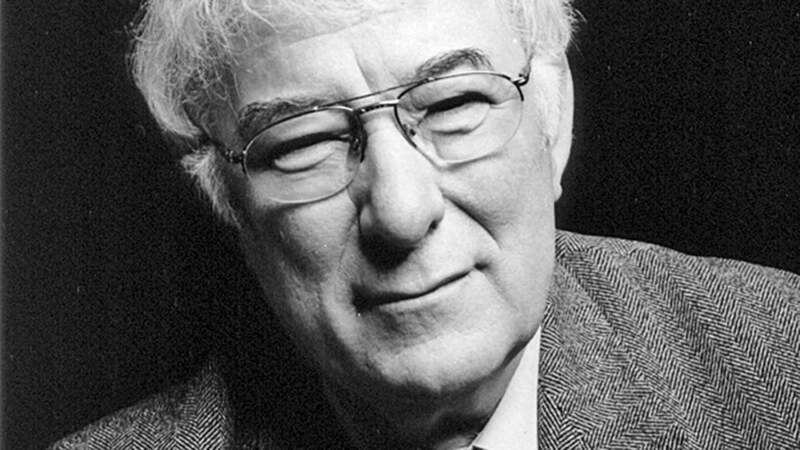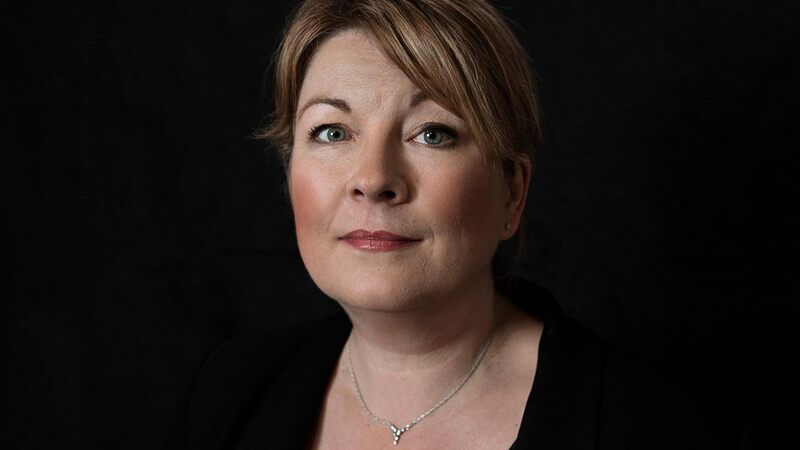You are viewing your 1 free article this month. Login to read more articles.
Relaunching the Penguin Great Ideas series
Penguin Press' publishing director Simon Winder talks to us about relaunching the Great Ideas series of pocket-sized non-fiction titles after a 10-year hiatus.
Penguin is relaunching its Great Ideas series of pocket-sized non-fiction titles after a 10-year hiatus. Penguin Press' publishing director Simon Winder talks to us about bringing the series back.
Why did you decide to bring back the Penguin Great Ideas series?
We had not really noticed just how persistent the series was and that books from when we published the first titles in 2004 were still selling extremely strongly. When we finished at 100 different titles this seemed neat and a good way to end, but obviously we were not seriously suggesting that there were only 100 great ideas in the world!
How did you select which titles to add to the series? Are there any particular guidelines for what makes a Penguin Great Ideas title?
Most of what is really good about the series comes from the enthusiasm of individual editors who are involved and who feel passionately about spreading the word on specific writers or specific pieces. We have always said that the books are ‘great rather than good’, meaning that some of the authors are in some people’s view pretty reprehensible for the influence they have had – but their influence makes them so important that they must be included. So the only real guidelines are to show that after the initial impact of their work there is still a major ripple in the 21st century.
How did the Penguin Classics team approach returning to the series 10 years on? Did you have a clear idea about what you wanted to update and what you wanted to keep the same? Did any challenges arise?
My only concern is that the new books should effortlessly fit in with the existing list. This proved quite easy as the first 100 are so incredibly heterogeneous anyway. One clear and correct criticism of the list is that it is very Western in its focus. But in the end we have I think to embrace the fact that we are an English-language publisher and that something can only be described as a Great Idea if it has indeed had that impact in the English-speaking world. We can’t pretend. If the same series was put together by a Spanish or Russian or Chinese publisher it would have entirely different books in it.

The design of the Penguin Great Ideas titles is a big part of their appeal. Are you able to talk a bit about the design process?
David Pearson has been central to the whole design process from the beginning. He even came up with the name Great Ideas which he liked because graphically it is handy that both words have five letters in them!
How do you think the series fits into our world today?
The millions of copies sold have undoubtedly had a huge impact, particularly on students. Whether for good or bad it is hard to say. Enormously more people have read authors as diverse as Nietzsche and Trotsky, Wollstonecraft and Woolf, Thoreau and Kierkegaard than would otherwise have been the case. I wish we could invent some kind of gadget to measure that influence, but that is sadly beyond our capacities. There are some books in the series (Ruskin’s On Art and Life, Benjamin’s The Work of Art in the Age of Mechanical Reproduction, Thoreau’s Where I Lived, What I Lived For, Achebe’s An Image of Africa, Dickens’ Night Walks, Writings from the Zen Masters and others which I’ve personally felt very committed to) where it is impossible not to be thrilled that so many new readers have found them.
What do you envision for the series going forward?
I would imagine that we should do more. I’ve always thought it would be very interesting to ask experts from, say, five other cultures to name the key short national works and see if we could commission suitable translations to see if they could work. As Great Ideas is commissioned in London and New York it inevitably celebrates a specific canon. What if we were to open it up to texts currently unknown here and with no English-language history, but which would have a deep-rooted status for a publisher in Mexico City or Bangkok?
You can see the full list of the new titles here. All 20 titles will be published in e-book and paperback on 24th September.













